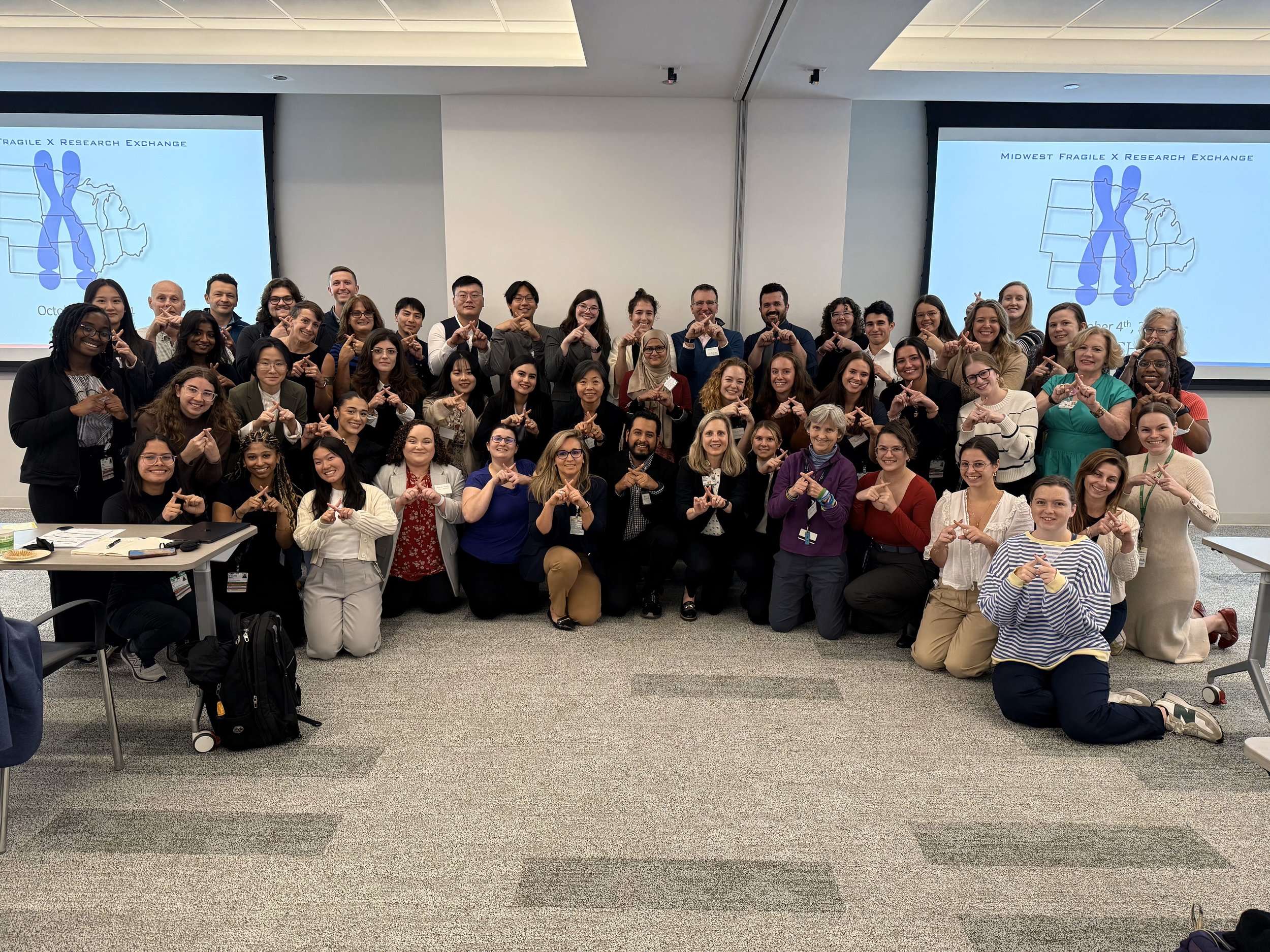Our Projects
Get to know our research and current studies.
The cognition and perception experiment (CAPE)
The Cognition And Perception Experiment (CAPE), funded by the National Institute of Health (NIH), aims to understand the relationship between brain activity, behavior, personality traits, and subjective experiences of the world. This project tests whether serum per- and polyfluoroalkyl substances (PFAS) are linked to human reward processing deficits. We aim to identify correlations between serum PFAS, self-reported anhedonia severity, and interview-rated anhedonia severity; test for clinical specificity by examining correlations with broader symptoms of depression, mania, and psychosis; and identify correlations between serum PFAS and neurophysiological measures of reward sensitivity, which may represent intermediate phenotypes with disease relevance. We expect this project to have a significant impact on the understating of environment influences of neuropsychiatric diseases.
We are recruiting adults between 18 and 30 years old. Please email TheCaPE@purdue.edu to learn more and determine eligibility! Participants are compensated for their time.
Brain and Behavior Study (BABS)
We are recruiting individuals to participate in a study looking at brain activity (Purdue IRB# 2023-1870). Participation is completed through both in-person and web-based assessments, and participants are provided monetary compensation for their time and travels. Please see the flyer, below, for more information. If this study looks interested to you, you can fill out a prescreen survey here or contact us at BABS@purdue.edu to learn more. Thank you!
Culturally Adapting Remote EEG to Expand Research Generalizability (CREER)
CREER aims to pilot a culturally adapted protocol used for the remote administration of EEG, specifically tailored to Hispanic/Latine participants. Using quantitative and qualitative methods, this project will assess the acceptability, feasibility, and clinical validity of the protocol to better understand neural processes tied to depression. This project aims to reduce ethnic disparities in clinical neuroscience research by utilizing telehealth methods and integrating a culturally sensitive protocol that respects the unique experiences, values, and backgrounds of Hispanic/Latine individuals.
Past Projects:
The Infant Development Study
The Infant Development Study, led by Dr. Bridgette Kelleher of the Neurodevelopmental Family Lab here at Purdue, aims to understand how children develop from infancy to preschool. We are currently recruiting infants from the greater Lafayette community ages 10-13 months (corrected age, if born preterm) to participate in a series of assessment activities here at Purdue. We are particularly interested to learn how factors such as family, life experiences, and medical conditions (e.g. preterm birth, genetic disorders) might contribute to development. Our participants bring to the study a variety of unique abilities, experiences, and needs. We love watching them grow each year!
Depression Risk in Close Relationships
Dr. Foti and colleagues have received a $20,000 grant from the Indiana Clinical and Translational Sciences Institute to conduct a new study on depression vulnerability in close relationships. This project, "Social context and neural markers of vulnerability to depression," examines how symptoms of depression affect the quality of family relationships, and vice versa. Of interest is testing how novel measures of brain activity involved in emotional reactivity may uniquely predict who is at the highest risk for depression in those family contexts. This project will be conducted in collaboration with Dr. Susan South of the Purdue Psychological Sciences Department.

See our findings
We disseminate our findings in multiple forms, including manuscripts and presentations. See our work below.


